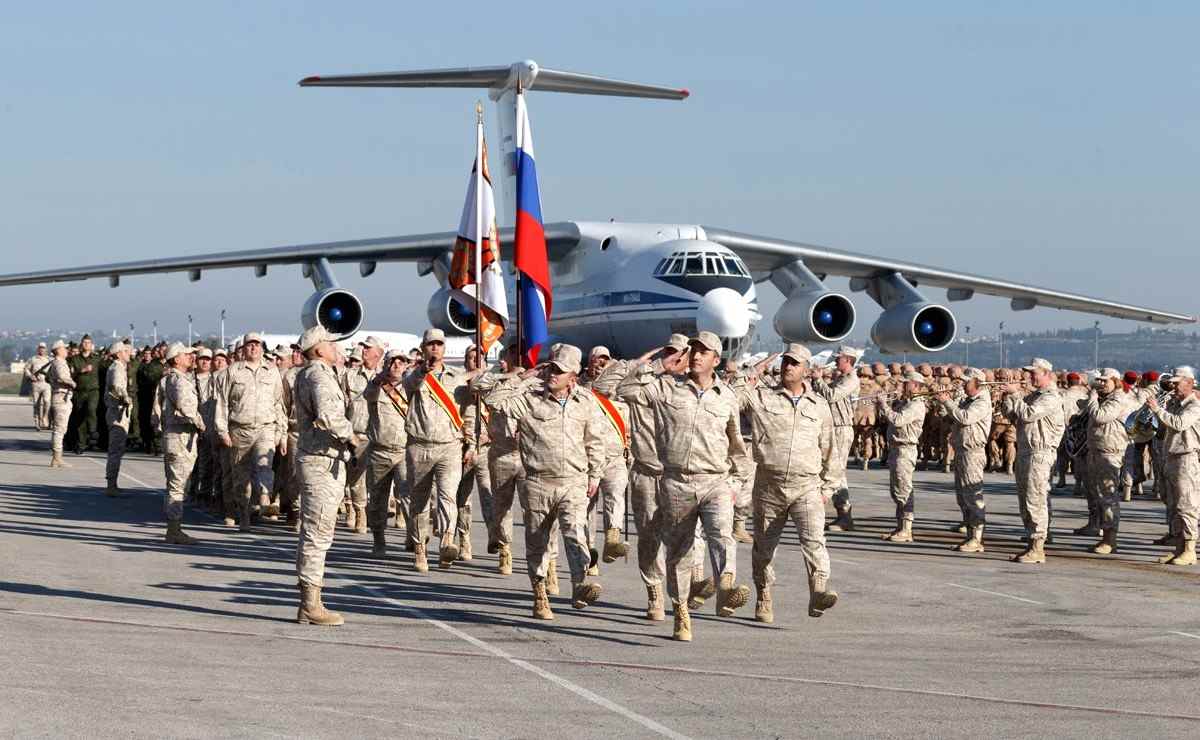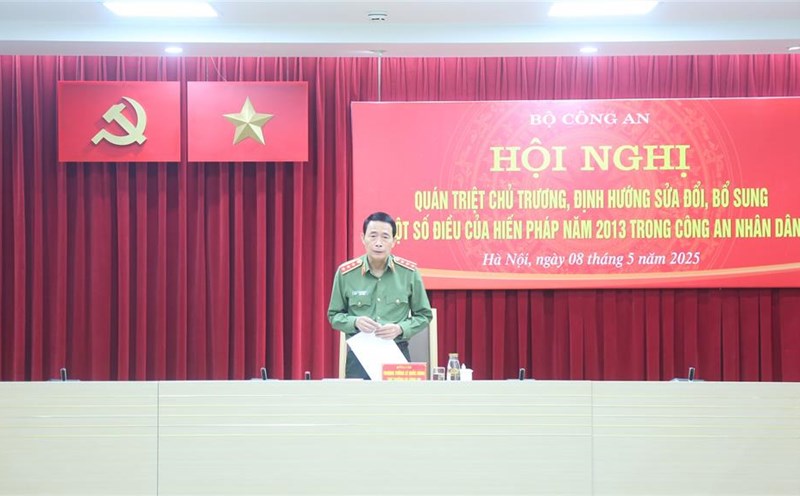In an interview with Al Arabiya on December 29, the new Syrian leader, Ahmed Hussein al-Sharaa, expressed his desire to maintain good relations with Russia and stated that the Russian army does not necessarily have to withdraw from military bases in Syria.
Maintaining good relations with the “second most powerful country in the world” is in Syria’s strategic interest, al-Sharaa said.
The new Syrian leader stressed that he did not want the Russian military to leave unceremoniously, especially since Moscow and Damascus have long-standing ties and strategic cooperation. Syria also wants to avoid conflict with world powers, al-Sharaa continued.
A similar statement was made by the new Syrian government in early December when Damascus expressed its concern about not offending Russia and was ready to give Moscow a chance to reassess the relationship between the two countries based on mutual interests.
Also on December 29, Russian Foreign Minister Sergei Lavrov announced his readiness to discuss with Syria the future of military bases after the power transfer process ends on March 1, 2025.

In 2017, Moscow and Damascus agreed to allow Russian troops to be stationed in Syria’s Khmeimim and Tartus regions for 49 years. This, Lavrov stressed, is legal and recognized by international law.
TASS said that currently, Russian military bases in Syria are still operating normally because temporary security measures have been ensured.
In late November, opposition groups led by Hayat Tahrir-al-Sham (HTS) launched a surprise attack on a series of key areas across Syria. The campaign lasted for several days and the capital Damascus was quickly captured.
The speed and scale of the HTS-led campaign has stunned many countries and the world, plunging Syria's former government into chaos. President Bashar al-Assad was forced to flee to Russia on December 8.









